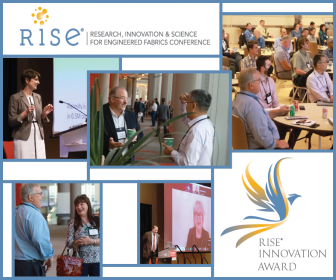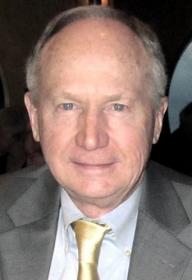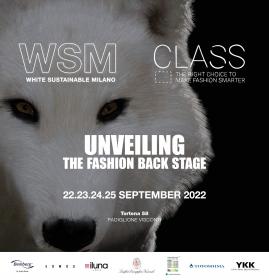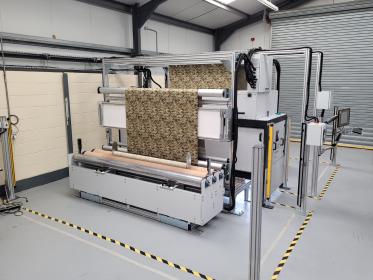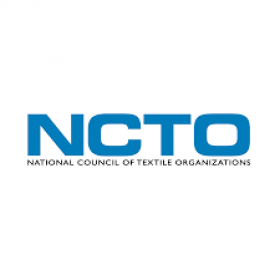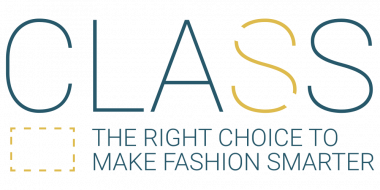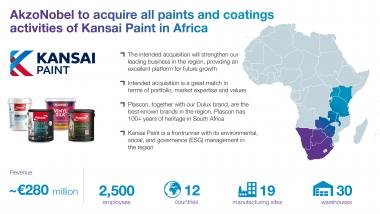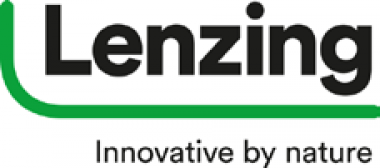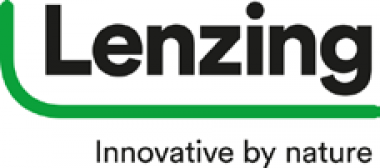Akzo Nobel N.V. publishes results for Q3 2022
Highlights Grow & Deliver (compared with Q3 2021)
- Revenue up 19% and 14% higher in constant currencies1, pricing up 13%
- ROS2 at 6.4% (2021: 10.0%), resulting from lower volumes and higher raw material and freight costs, as well as inflation on operating expenses
- Adjusted EBITDA at €283 million (2021: €325 million)
- Q4 2022 adjusted operating income expected below €150 million
Highlights Q3 2022 (compared with Q3 2021)
- Pricing up 13%, offsetting the increase of raw material and other variable costs. Volumes 5% lower, mainly due to destocking in the distribution channels in Decorative Paints in Europe and in Performance Coatings, as well as lower market demand in China
- Operating income at €168 million (2021: €226 million), includes €16 million negative impact from Identified items (2021: €15 million net negative impact) and €17 million negative from the retrospective hyperinflation impact of the first half-year of 2022. OPI margin 5.9% (2021: 9.4%)
- Adjusted operating income3 at €184 million (2021: €241 million); excluding the retrospective impact of hyperinflation accounting at €201 million
- Net cash from operating activities decreased to an inflow of €126 million (2021: inflow of €290 million)
- Net income attributable to shareholders at €84 million (2021: €164 million)
- EPS from total operations at €0.48 (2021: €0.89); adjusted EPS from continuing operations at €0.57 (2021: €0.93)
- Interim dividend of €0.44 per share (2021: €0.44 per share)
AkzoNobel CEO, Thierry Vanlancker, commented: “Our €201 million adjusted operating income excluding the retrospective impact of hyperinflation accounting bring our Q3 results in line with the market update issued at the end of September. Sharply increased macro-economic uncertainties negatively impacted consumer confidence. This resulted in destocking across several distribution channels in decorative paints Europe and performance coatings, while the market in China was impacted by the ongoing zero COVID-19 policy. Thanks to the strong commitment of our teams, we continue to offset the impact of raw material and freight cost inflation with pricing. We’ve now delivered cumulative pricing of 22% over the last two years. The macro-economic turbulence is expected to continue well into next year. We’ve therefore decided to suspend our targets for 2023 and will provide further guidance when announcing our full-year 2022 results. In the meantime, we will continue to focus on our margin management and cost reduction initiatives.”
AkzoNobel








